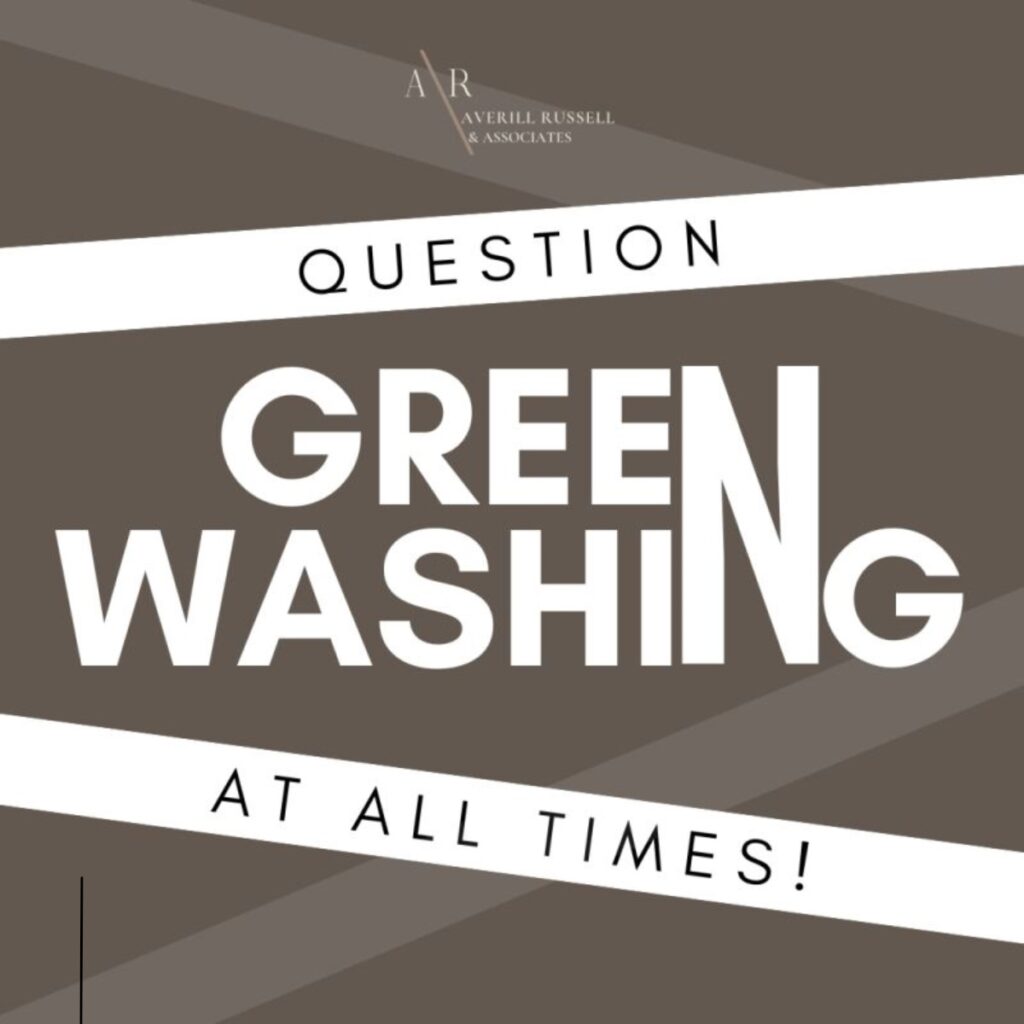
In a time when sustainability is in the spotlight, it’s concerning to witness some companies taking advantage of the trend without fully embracing genuine green initiatives. This behavior, referred to as greenwashing, has the potential to divert us from our goal of achieving a genuinely eco-friendly future. As a devoted engineer and advocate to this cause, I strongly believe that making education and awareness widespread can lead to more informed consumer decisions, a crucial step in addressing this misleading practice. This approach could also lead to improved practices for numerous companies, making their efforts more positively received by the public.
I’m looking into practical actions we can each take to encourage the acceptance of these principles and reveal the misleading nature of greenwashing.
1. Educating Consumers
Imagine a scenario: you’re standing in front of two nearly identical products, both claiming to be environmentally friendly. One bears a certified eco-label, while the other lacks any substantial evidence. Without the knowledge to distinguish between genuine claims and greenwashing, making the right choice becomes a shot in the dark. This is where education plays a pivotal role. By increasing awareness about greenwashing—what it is, how it works, and its consequences—we can empower consumers to see beyond the façade. A well-informed consumer is an empowered one, capable of making choices that genuinely contribute to a sustainable future.
2. Advocating for Transparency
Transparency acts as a powerful tool to halt the growth of greenwashing. Encouraging companies to shed light on their sustainability efforts, backed by tangible evidence, can be a game-changer. As responsible consumers, they have the right to know the true impact of the products they purchase. By urging companies to be forthcoming with data and specifics, we pave the way for informed decisions. This transparency not only holds companies accountable but also builds trust between brands and their environmentally conscious customers.
As companies, this is where we educate them and show them our value and commitment to be both transparent and honest.
Integrity is a valued investment that not only builds a strong bond of trust with our customers but also cultivates a sustainable reputation in the long run. By consistently delivering on our promises and openly sharing our efforts, we contribute to a culture of authenticity that resonates with both consumers and stakeholders alike.
3. Leveraging Social Media in the Digital Age
Promoting awareness and countering greenwashing through social media can be achieved gently and effectively. Employ educational campaigns to explain greenwashing, highlight companies embracing genuine sustainability, and empower consumers with assessment tips.
Showcase your own sustainable efforts transparently, collaborate with experts, and share case studies to demonstrate the importance of authenticity. Utilise interactive content, such as quizzes and polls, while incorporating personal stories to foster a sense of community. By adopting these approaches, social media can become a platform for positive change.
4. Promoting Trustworthy Certifications
In a market flooded with various eco-labels and certifications, finding the truly credible ones can be a challenge. This is where promoting certifications from reputable third-party organisations comes into play. These certifications act as beacons of authenticity, guiding consumers towards genuinely sustainable choices. By educating ourselves and others about these reliable certifications, we empower consumers to make confident decisions aligned with their eco-friendly values.
5. Celebrating Genuine Efforts
Acknowledging and celebrating companies that genuinely prioritise sustainability sends a powerful message. By highlighting their initiatives and successes, we not only inspire other businesses to follow suit but also motivate consumers to support those making a tangible impact. This collective recognition creates a positive feedback loop, where sustainability becomes a badge of honor rather than a marketing ploy.
6. Engaging Directly and Holding Companies Accountable
As consumers and suppliers, we hold significant sway over the market. By engaging directly with companies/ consumers and asking probing questions about sustainability claims, we send a clear signal: authenticity matters. This proactive approach not only encourages companies to rethink their strategies but also establishes a precedent of accountability that extends throughout the industry.
7. Collaborating for Impact
Change doesn’t occur in isolation; it takes a collective effort. Collaborating with non-governmental organisations (NGOs) and environmental activists can amplify our voice against greenwashing. By partnering with these dedicated individuals and groups, we strengthen the call for stricter regulations and higher standards, creating an environment where misleading practices find no refuge.
8. Supporting Influential Voices
In the digital age, influencers play a pivotal role in shaping opinions among their followers. Supporting eco-conscious influencers who fearlessly address greenwashing aids in disseminating awareness to a wider audience. These influencers act as beacons of light, steering their followers towards mindful choices and nurturing a culture of responsible consumption. Moreover, this collaboration creates connections, expands networks, and cultivates a web of informed consumers committed to making a positive impact.
9. Advocating for Systemic Change
True change often requires systemic adjustments. Advocating for robust regulations that curb greenwashing and hold companies accountable for their claims is essential. By pushing for policy changes, we contribute to a legal framework that safeguards consumers and the environment from misleading practices.
10. Leading by Example
The most potent tool in our arsenal is our personal actions. By embodying responsible consumer behavior, meticulously researching claims, and questioning narratives, we inspire those around us to follow suit. Sharing our experiences and insights fosters a culture of critical thinking, making responsible choices the new norm.
The Significance of Avoiding Greenwashing for Reputation
Apart from its environmental implications, greenwashing has substantial repercussions for a company’s standing. When businesses inaccurately present themselves as environmentally responsible, they breach the trust of their customers. Such a breach leads to:
1. Diminished Trust: Greenwashing chips away at the trust consumers have in a brand. When customers discover that a company’s assertions are exaggerated or untrue, they feel let down and are less inclined to support the brand in the future.
2. Challenges to Credibility: Once exposed, a company’s credibility suffers a blow. Investors, partners, and stakeholders might question the honesty of the company’s leadership and its overall business practices.
3. Legal Ramifications: False environmental claims can result in legal consequences, harming a company’s financial health and image. Regulatory bodies often penalise such practices, underscoring the importance of companies being genuine in their sustainability efforts.
4. Negative Public Perception: Information about greenwashing spreads rapidly due to today’s interconnected world. Negative publicity can result in public outrage, boycotts, and a tarnished image that’s difficult to mend.
5. Missed Opportunities: By focusing on misleading marketing, companies miss authentic chances to adopt sustainable practices that could positively impact the environment and society.
In a world where conscientious consumer behavior is increasing, businesses can no longer afford to engage in greenwashing without facing repercussions. To ensure sustained success, companies must harmonise their actions with their environmental claims, fostering a sincere dedication to sustainability.
In conclusion, combatting and avoiding greenwashing is not just an environmental imperative—it’s a collective responsibility that spans education, advocacy, collaboration, and personal choices. By championing transparency, endorsing credible certifications, and celebrating genuine efforts, we can dismantle the harmful practice of greenwashing and lay the foundation for a truly sustainable future.
AR and Associates challenges the status quo, questions claims, and drives positive change in our pursuit of a greener, healthier planet.
Want to strategise a ‘greener’ action, words, and image for both your company and the world?
Contact us below to get started or email us at contact@averillrussell.com
Thanks for reading, from me and the team at AR.
